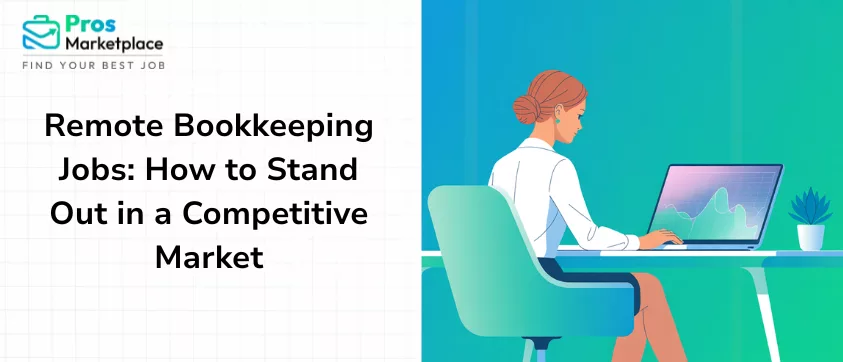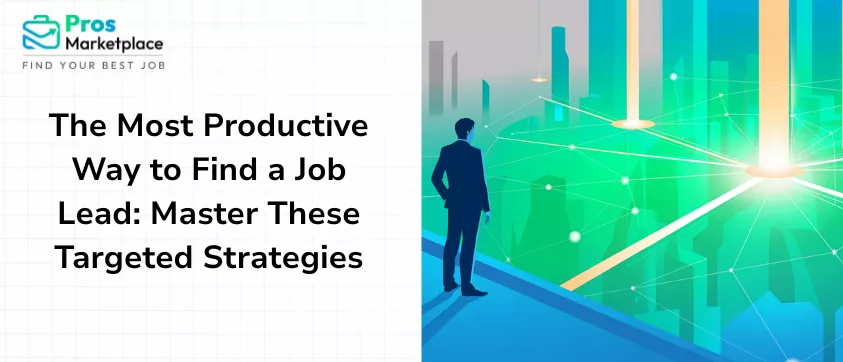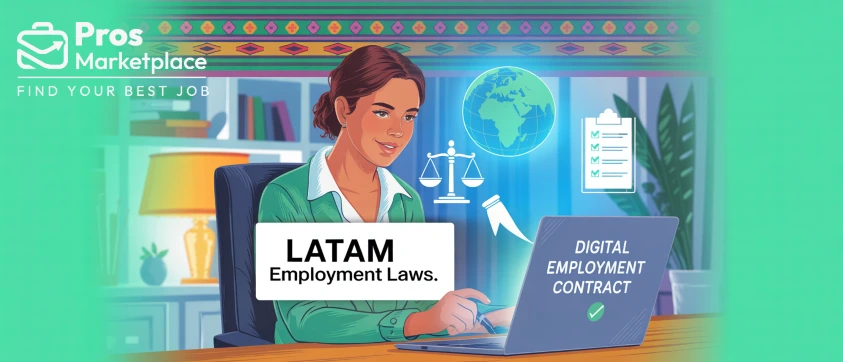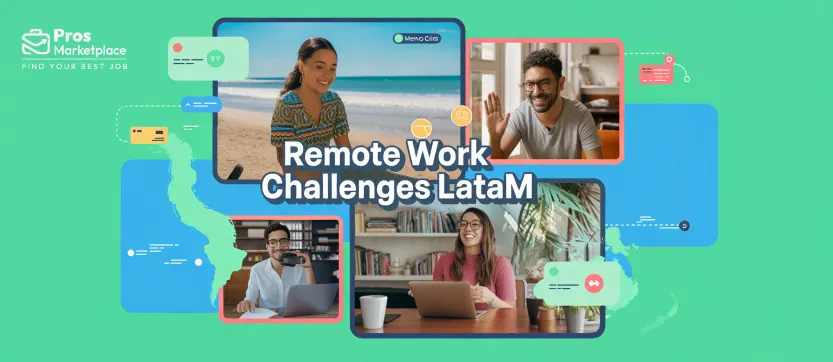You’ve probably invested a lot of time and money in creating a great-looking website for your business. But if Google does not rank your website well, you’ll get little to no traffic. Search engine optimization (SEO) is critical to boosting your rankings and driving visitors to your site. But good SEO takes a lot of time. Most busy entrepreneurs can’t afford to sit at their laptops and perform constant tweaks, keyword research, content creation, and optimization. An SEO specialist will work on this every day of the week.
While the solution is to hire an SEO specialist, doing so locally, or contracting a digital marketing agency to act on your behalf, costs a lot of money, an investment you may not be able to afford. The clear and simple solution is to hire a full-time remote worker from Latin America, who is skilled in the art of SEO and is proficient in English, and who will cost a fraction of the amount required to hire locally. In this article, we’ll explain how to hire the best full-time remote SEO employee for your business, including the necessary hard and soft skills to look for and how to interview and select the best candidate.
Soft skills to look for in a remote SEO specialist
We’ll describe all the proper SEO skills candidates should have in a moment, but first, you must establish that a remote SEO worker should have the following “soft skills.” If they don’t, they’ll be unlikely to overcome the required day-to-day challenges needed to achieve great SEO results:
- A keen eye for detail. SEO is all in the details – every little piece of metadata, keyword research, and more is an integral part of a big jigsaw. If you have noticed a lack of attention to detail, this could be a red flag.
- Persistence and Patience. You’ll want an SEO specialist who just won’t give up on improving your SEO rankings in Google and other search engines. You should give them a challenge and have them keep on going until they’ve achieved the desired results. SEO is all about trial and error. There is no golden formula for success, and it simply takes time and a lot of determination to get your website ranking better.
- A willingness to learn. SEO is constantly changing. If the search engines didn’t change their ranking algorithms, we’d all be SEO experts by now. You need someone who doesn’t think they “know-it-all.” Someone who will be flexible and learn new techniques as they evolve.
- IT literate and knowledgeable. Your SEO specialist will need to be comfortable using technology and software. You can’t do SEO without it. Keyword research tools, competition analysis, opportunity spotting – all these require your worker to be knowledgeable in software like Google Console, Webmaster Tools, SEMrush, or Ahrefs.
- Research, research, and more research. All the necessary SEO skills require constant research. If it appears a person you wish to hire has not done any research or asks questions constantly (ones that they should seek answers for themselves; questions about your business are fine), then they may not be the best candidate for the job and you should maybe consider hiring one who knows a bit more.
With your ideal candidate’s soft skill requirements firmly established (you might add communication, teamwork, and flexibility to the list), it’s time to find your ideal remote SEO worker.
Hard skills to look for in a remote SEO specialist
These are the specific HARD SKILLS you are looking for. Also, the soft skills discussed earlier should be specified in your job posting.
- Onsite SEO. Keyword research and analysis, metadata rewriting, ranking analysis, canonical issues, website structure analysis, and working alongside your PPC strategy if you have one.
- Offsite SEO. Creating and executing link-building campaigns, blogger and influencer outreach, inbound link strategy, use of social media, and backlink analysis.
- Technical SEO. Redirections, page load speed, server speed and capabilities, mobile optimization.
- Local SEO. Reviews, local ranking analysis (and content creation to support it), and submission to local directories.
One of the most important skills a candidate should have is a good handle on the English language. Not just to communicate with you, but to be able to interpret the true search intents of your users by choosing the right keywords and longtail phrases.
How to make a shortlist of SEO specialists for an interview?
Lots of SEO specialists are looking for work, so you’ll get a lot of applications. Some you can discard immediately based upon a glance at their claimed skills and experience or just on a pure gut feeling.
However, you’ll still be left with a sizeable list, certainly too many to interview. You might want to contact each of these, asking them to conduct a quick test.
The test might be as simple as presenting them with a one-page website (it can be any website, not your own) and asking them to undertake some brief keyword research and analysis on it. Get candidates to send you a brief outline of their results, a report, how they got them, and how they would then act upon their findings.
This screening test allows you to easily understand what methods and guidelines they use to conduct their SEO.
Also, what software tools they use, how accurate they are, and how good their advice is.
If the individual shows good initiative, attitude, and skills on this simple task, you’ll be confident you can work alongside them to do great things for your business. Remember, you will be working alongside them, directing and advising them. Do not make the mistake of thinking they’ll just get it. You must manage their work and work closely with them in the beginning, like you would any member of your team. With the results of your screening test in, you’re now at the stage where you feel confident about interviewing candidates for your remote SEO specialist position.
How to interview a remote SEO specialist?
Whether you are conducting an interview over email or via a Skype/Zoom call, you should mix up your questions to assess the soft and hard skills we discussed earlier.
You’ll always have some candidates who will try to get the position regardless of experience.
For these candidates, consider including a trick question or two.
Candidates who are genuine SEO experts will pick up on this immediately.
Here are three examples:
- How do you optimize your meta keywords? Hang on a minute, optimizing meta keywords does not affect your rankings at all. Never have. Your good candidates will tell you this straight away.
- How will your meta descriptions help with rankings? Well, they won’t if the candidate talks about how your snippets appear in Google, then fine. But where they appear is irrelevant.
- What’s the ideal keyword density? It doesn’t exist! There is no hard-and-fast rule. The only applicable answer here is one or enough mentions to rank for the keyword, and not so many that it becomes ridiculous, unreadable keyword stuffing.
Don’t ask all these trick questions at once, perhaps don’t ask all three, otherwise, your good candidates will think you’re just messing with them. You want to ask questions about their methodology, tools, and most importantly, how they’ll report back to you.
What are some great questions to ask SEO candidates?

Here are some questions you can select. Naturally, you will want to include some of your questions relevant to your business niche.
If, for example, you work in a heavily competitive SEO area, like travel or retail clothing, then you will likely need to explore competitors and research and study their PPC and content outreach strategies more than you would, for example, a business that deals with local septic tank emptying.
Here are some things to get you thinking about what to ask your candidates:
- What clients have you worked with before, and what techniques were employed?
- What’s your methodology when prioritizing what to do to increase a website’s rankings?
- How do you measure your SEO work and activities?
- How do you prefer to report back your work to management?
- Have you ever worked with a site that has been penalized?
- How do you conduct competitor SEO analysis?
- Tell me about a time your SEO efforts did not work. What did you learn and then do about it?
- What professional groups do you belong to or follow so that you keep up to date with the latest SEO developments and research?
- What was your most significant SEO success, and what do you believe contributed to it?
The second interview stage
It’s likely now that you only have a few remote SEO specialists remaining on your list. Invite them back for a second interview, where you might do the following:
- Probe much deeper into their previous experience. Spend time asking follow-up questions to explore their strengths and weaknesses.
- Ask them to outline in as much detail as possible a previous project from start to finish. Be sure you get the whole picture as to how your VA works
- Ask about salary and job career expectations. Be honest and open; make sure they’re aware of all they need to know about what it’s like working for you.
- Give them a paid task, which could be an SEO analysis of your site. Offer perhaps $30 to your top 2 candidates. Give them the same amount of time, say three to four days. The results will not only help your decision; it will give you valuable information even if you do not hire them. After all of this, you should be in a great position to hire the perfect SEO specialist.
Hiring from Latin America saves you money and headaches. Hiring remote SEO specialists from Latin America means you’ll be paying considerably less than you would for hiring a local full-time hire. And if you follow our tips, you’ll end up with someone just as good. If not better. Digital marketing agencies that are looking to expand quickly might also benefit from hiring an SEO specialist. They are a hard-working workforce with a good command of English.
Happy hirings!







